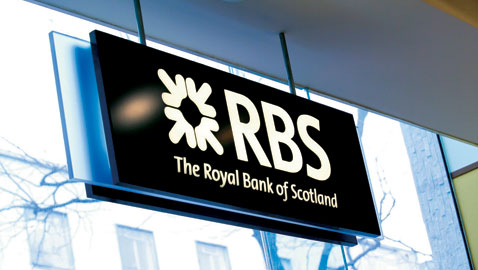
The Royal Bank of Scotland plc has been fined a total of around £390 million by regulators in the UK and US for misconduct relating to the London Interbank Offered Rate (LIBOR).
The FSA fined RBS £87.5 million. It said that RBS’ breaches of the FSA’s requirements encompassed a number of issues, involved a number of employees and occurred over a number of years. The individuals involved in the misconduct were located in the UK, Japan, Singapore, and the US.
The UK City regulator said that between January 2006 and November 2010 the misconduct included:
- RBS making Japanese yen (JPY) and Swiss franc (CHF) LIBOR submissions that took into account its derivatives trading positions.
- RBS allowing derivatives traders to act as substitute submitters and make JPY LIBOR submissions that took into account its derivatives trading positions.
- RBS making JPY, CHF and US dollar (USD) LIBOR submissions that took into account the profit and loss (P&L) of its money market trading books.
- RBS derivatives traders colluding with other LIBOR panel banks and interdealer broker firms to influence the JPY LIBOR submissions made by other panel banks, including one derivatives trader entering into “wash trades” (i.e. risk free trades that cancelled each other out and for which there was no legitimate commercial rationale) in order to make corrupt brokerage payments to one broker firm to garner influence. The derivatives trader used this influence to get the broker firm to try to change other panel banks’ JPY LIBOR submissions.
- RBS derivatives and money market traders colluding with individuals at other panel banks and interdealer broker firms who sought to influence RBS’ JPY and CHF LIBOR submissions.
Meanwhile, the United States Department of Justice has fined RBS $150 million (£95 million) and the United States Commodity Futures Trading Commission (CFTC) levied the bank a fine of $325 million (£207 million).
“The integrity of LIBOR depends on truthful information provided by a select group of some of the world’s most important banks. The public is deprived of an honest benchmark interest rate when a group of traders sits around a desk for years falsely spinning their bank’s LIBOR submissions, trying to manufacture winning trades. That’s what happened at RBS,” said David Meister, the CFTC’s director of enforcement.















